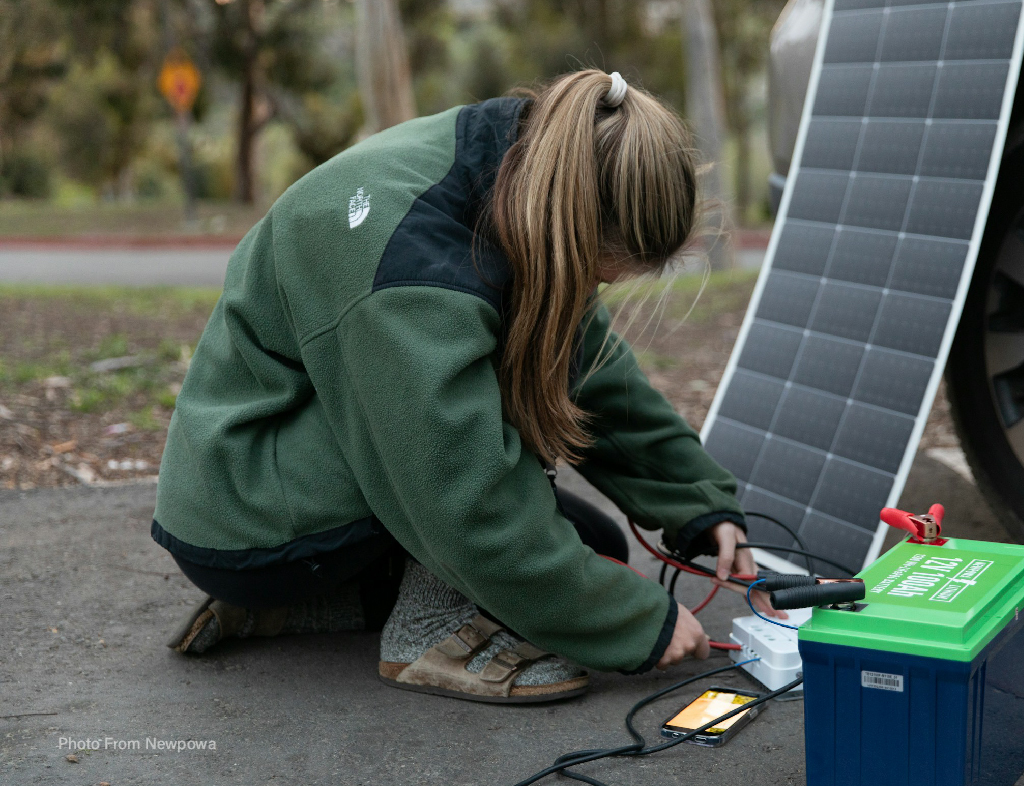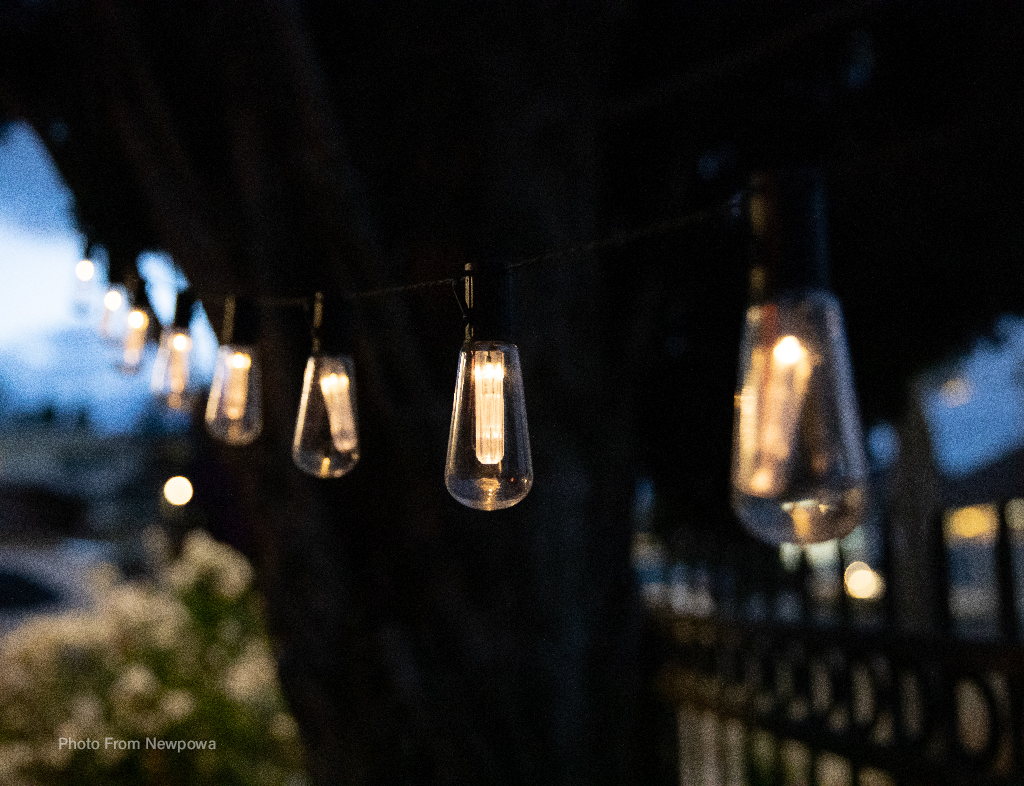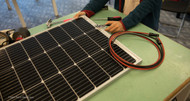CAN YOU REALLY RUN A WORKSHOP WITH SOLAR?
15th Jul 2025
Running a small workshop entirely on off-grid solar power is a challenge —but with the right setup, it's entirely possible. Whether you're crafting furniture, repairing machinery, or prepping food in a remote location, solar can provide a clean and reliable energy source if your system is properly sized and designed for your daily needs.

Most small workshops rely on a mix of power tools, refrigeration, and lighting. Power tools such as saws, sanders, drills, and compressors tend to have short but intense power demands, requiring an inverter that can handle high surge loads. Refrigeration —whether it's for food, beverages, or material storage —draws continuous energy throughout the day and night. Bright, consistent lighting is also essential in workspaces, especially in enclosed or poorly lit areas. Add to that small electronics like laptops, Wi-Fi routers, or even a space heater in colder months, and the total energy demand adds up quickly.
Cost and reliability are often the two biggest concerns with off-grid solar setups. A small system may seem affordable, but it can fall short when powering real-world tools and equipment. To support daily operations without the grid, you’ll likely need a larger solar array, ample battery storage, and an inverter capable of managing both peak loads and sustained usage. For example, a 4 to 6 kW solar array paired with a robust 48V inverter and lithium battery bank could support a moderately equipped workshop running several hours a day. But even that might need backup if your work is time-sensitive or weather-dependent.
Designing your system around your specific needs makes all the difference. A fabrication shop might prioritize inverter capacity to handle multiple power tools starting up at once, while a food prep workspace might focus on stable refrigeration and lighting. Some setups use DC-powered tools or appliances to reduce inverter strain. Others include solar generators or mobile panels to expand capacity or support work in outdoor areas.
Because off-grid systems don’t have utility power as a fallback, mitigating downtime is crucial. Even with good solar exposure, cloudy days and unexpected usage spikes can drain your battery bank. That’s why backup solutions —such as fuel-powered generators or hybrid systems incorporating wind —are commonly added. Smart load management can also help, shutting off non-critical devices when storage gets low, and ensuring key operations stay running.

Off-grid solar workshops require more planning than grid-tied systems, but they also offer more freedom. With careful system design, realistic expectations, and a little redundancy, it’s absolutely possible to power a productive and independent workshop using only the sun.
